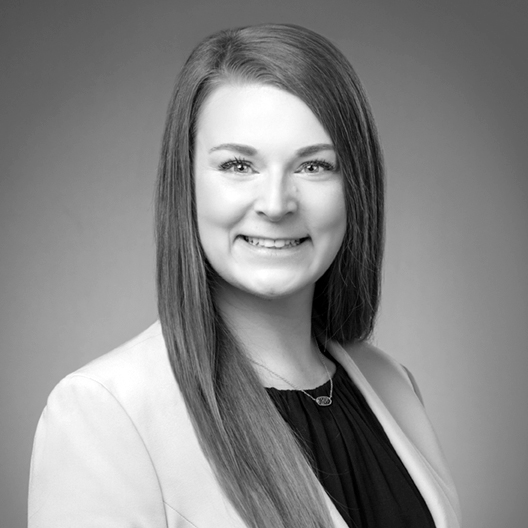S&P Global Offerings
Featured Topics
Featured Products
Events
S&P Global Offerings
Featured Topics
Featured Products
Events
S&P Global Offerings
Featured Topics
Featured Products
Events
Banking & Capital Markets
Economy & Finance
Energy Transition & Sustainability
Technology & Innovation
Podcasts & Newsletters
Banking & Capital Markets
Economy & Finance
Energy Transition & Sustainability
Technology & Innovation
Podcasts & Newsletters
S&P Global Offerings
Featured Topics
Featured Products
Events
20 Sep, 2023

By Lauren Seay
The Federal Deposit Insurance Corp. is calling for stricter regulation of nonbanks amid arguments that a recent capital proposal will hurt banks and benefit nonbanks.
FDIC Chairman Martin Gruenberg directly addressed large banks' concerns that the proposed Basel III endgame rules will push people out of the banking system to nonbanks, saying the solution is to better regulate nonbanks,
"The obvious response to that is there should be appropriately strong capital requirements for those activities in the banks, complemented by greater transparency, stronger oversight and appropriate prudential requirements for nonbanks," Gruenberg said Sept. 20. "That would be the most effective and balanced way to enhance the stability of the entire financial system."
Nonbank lenders, financial technology companies, open-ended mutual funds and money market funds and leveraged investment vehicles like hedge funds are largely unregulated, which Gruenberg said poses a risk to the financial system.
"They are generally not subject to the same degree of regulation and supervision as banking organizations. As a result, they often have less transparency in their operations, as well as reliance on excessive leverage and volatile funding sources," he said. "When market shocks combine with these vulnerabilities, nonbank financial institutions can transmit risk into other parts of the financial system."
Regulators could more closely oversee nonbanks by invoking powers handed to them in the Dodd-Frank Act, which include the ability for the Financial Stability Oversight Council (FSOC) to instruct the Office of Financial Research — which reports to the US Treasury Department — to collect information on nonbanks, designate systemically important nonbanks to be supervised by the Federal Reserve, and designate systemically important financial market utilities and payment, clearing, and settlement activities for additional risk-management requirements.
Information on nonbanks and the risks they take is "severely lacking," which makes it hard to regulate them, Gruenberg said.
Gruenberg urged FSOC, the Office of Financial Research, and individual FSOC agencies to work jointly to create a reporting framework to make sure FSOC has the information it needs to delineate the risks of nonbanks and their activities.
